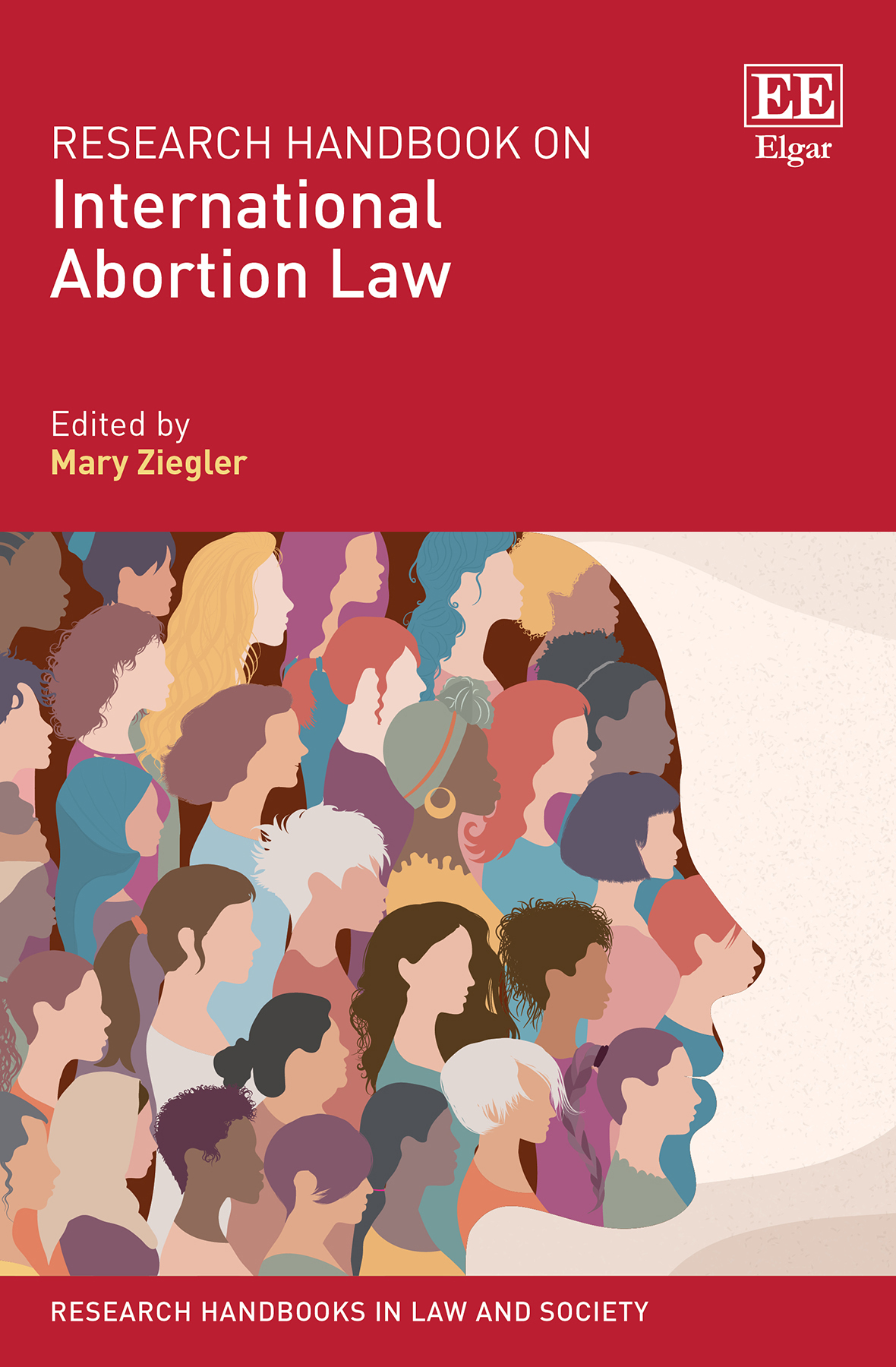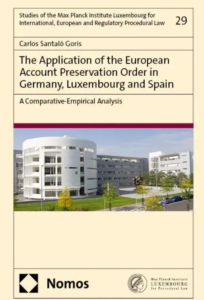Views
Dubai Supreme Court Admits Reciprocity with the UK and Enforces an English Judgment
Introduction:
I have been reporting on this blog some recent cases from the Dubai Supreme Court (DSC) regarding the recognition and enforcement of foreign judgments (see here, here and here). Reading these posts may have given the legitimate impression that the enforcement of foreign judgments in the UAE, and especially in Dubai, is particularly challenging. This post aims to mitigate that perception by shedding light on a very recent case in which the Dubai courts, with the approval of the DSC, ruled in favor of the enforcement of an English judgment. As the comments below indicate, this is probably the very first case in which the DSC has positively ruled in favor of the enforcement of an English judgment by declaring that the judgment in question met all the requirements set out in UAE law, and in particular, the reciprocity requirement.
Book review: Research Handbook on International Abortion Law (Cheltenham: Edward Elgar Publishing, 2023)

Written by Mayela Celis
Undoubtedly, Abortion is a hot topic. It is discussed in the news media and is the subject of heated political debate. Indeed, just when one thinks the matter is settled, it comes up again. In 2023, Elgar published the book entitled “Research Handbook on International Abortion Law”, ed. Mary Ziegler (Cheltenham: Edward Elgar Publishing Limited, 2023). For more information, click here. Although under a somewhat misleading name as it refers to international abortion law, this book provides a wonderful comparative overview of national abortion laws as regulated by States from all the four corners of the world and internal practices, as well as an analysis of human rights law.
This book does not deal with the conflict of laws that may arise under this topic. For a more detailed discussion, please refer to the post Singer on Conflict of Abortion Laws (in the U.S.) published on the blog of the European Association of Private International Law.
In this book review, I will briefly summarise 6 parts of this book (excluding the introduction) and will provide my views at the end.
PIL and (De)coloniality: For a Case-by-Case Approach of the Application of Postcolonial Law in European States
Written by Sandrine Brachotte who obtained a PhD. in Law at Sciences Po, Paris and is a Guest Lecturer at UCLouvain (Saint-Louis, Brussels).
1. PIL and (De)coloniality in Europe
This post follows Susanne Gössl’s blog post series on ‘Colonialism and German PIL’ (especially s. 3 of post (1)) and offers a French perspective of the issue of PIL and (de)coloniality – not especially focused on French PIL but based on a francophone article to be published soon in the law and anthropology journal Droit et Culture. This article, called ‘For a decolonisation of law in the global era: analysis of the application of postcolonial law in European states’, is addressed to non-PIL-specialist scholars but builds on a European debate about PIL and (de)coloniality that has been nourished by scholars like Ralf Michaels, Horatia Muir Watt, Veronica Ruiz Abou-Nigm, as well as by Maria Ochoa, Roxana Banu, and Nicole Štýbnarová, notably at the occasion of the 2022 Edinburgh conference (reported about on this blog, where I had the chance the share a panel with them in relation to my PhD dissertation (see a short presentation on the EAPIL blog)).
News
Bridging Legal Systems: A Comparative-Empirical Study on the European Account Preservation Order by Dr. Carlos Santaló Goris
 Warmest congratulations to Dr. Carlos Santaló Goris on the publication of his book, The Application of the European Account Preservation Order in Germany, Luxembourg and Spain. A Comparative-Empirical Analysis (Nomos, 2025).
Warmest congratulations to Dr. Carlos Santaló Goris on the publication of his book, The Application of the European Account Preservation Order in Germany, Luxembourg and Spain. A Comparative-Empirical Analysis (Nomos, 2025).
This scholarly work offers a timely and much-needed exploration of the European Account Preservation Order (EAPO), the first cross-border civil interim measure at EU level. Conceived to enable the provisional attachment of debtors’ bank accounts across Member States, the EAPO aspires to procedural uniformity. Yet, as this study so lucidly demonstrates, its application remains deeply embedded in national procedural systems, giving rise to significant divergences and legal complexity.
With admirable clarity, analytical depth, and empirical rigour, Dr. Santaló Goris leads the reader through this intricate legal terrain. By examining, in particular, the operation of the EAPO in three distinct jurisdictions – Germany, Luxembourg, and Spain – his manuscript illustrates the practical challenges posed by procedural fragmentation while offering valuable guidance for navigating the instrument across legal systems.
This manuscript stands out as a thoughtful and impactful contribution to the field of European civil procedure. What distinguishes it most is its remarkable ability to bridge legal theory and judicial practice. Through a combination of comparative analysis, stakeholder perspectives, and data-driven insights, it offers a comprehensive and balanced account of how the European Account Preservation Order operates in practice, making it an indispensable resource for scholars, practitioners, and policymakers alike.
Congratulations, Carlos, on this well-deserved accomplishment!
More information on this book is available here.
Webinar on the 1996 Hague Child Protection Convention, 30 June & 1 July
|
This research project examines the legal framework for the cross-border protection of children, focusing on the 1996 Hague Convention on Jurisdiction, Applicable Law, Recognition, Enforcement and Co-operation in Respect of Parental Responsibility and Measures for the Protection of Children (‘the 1996 Hague Convention’).
|
The International Committee of the Singapore International Commercial Court: A Transnational Appeal Mechanism
Written by Yip Man (Professor of Law, Yong Pung How School of Law, Singapore Management University)
To bolster Singapore’s position as an international dispute resolution hub, the Singapore International Commercial Court (International Committee) Bill[1] was introduced in Parliament on 14 October 2024 to establish the International Committee of the Singapore International Commercial Court (the SICC), a standalone body, to hear prescribed civil appeals and related proceedings from prescribed foreign jurisdictions.[2] The Bill was passed by Parliament on 12 November 2024. The Singapore International Commercial Court (International Committee) Act 2024 (the “International Committee Act”) is uncommenced.[3] Read more


